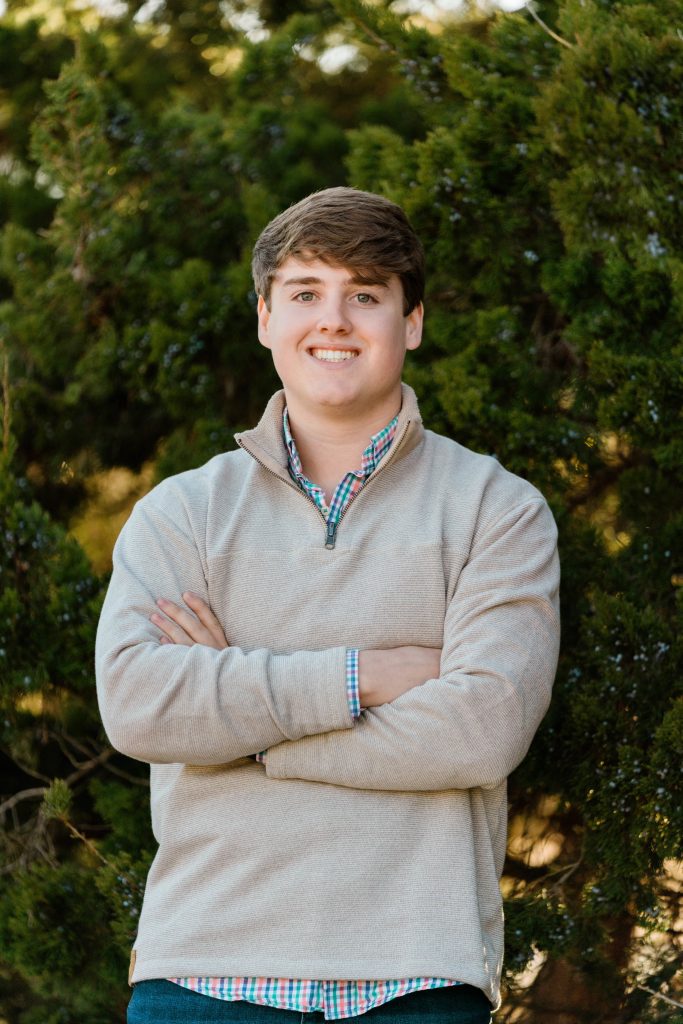Oxford is flooded with places of worship. On nearly every street, there is either a place of worship or a campus ministry that provides a setting for the University of Mississippi’s Christian students to form community. Greek life organizations also have a position related to faith — the chapter chaplain.
The chaplain is a Christian leader that aims to be a voice for the fraternity or sorority’s religious community. In practice, this often looks like leading Bible studies and acting as a spiritual counselor.
{…}
Delta Psi Chaplain Ryan Cummings is looking to eradicate the unawareness that Bock referenced.
During his sophomore year, Cummings helped create a chapter bylaw that made it possible for each pledge class following freshman year to have a chaplain represent them. To avoid it becoming just another resume position, the role is cemented for each of the chaplains throughout their four-year education, unless they decide they want to step down from their duties.
Cummings, now the junior chaplain, grew up similarly to Bock, though he struggled with vocal opposing faiths when he came to UM. As someone who grew up in a consistently Christian culture, this became new territory for Cummings. However, he confesses that the experiences were beneficial to his personal faith.
“I think that it helped me,” Cummings said. “I thought it was the worst thing ever and it was really hard, but being challenged, I was able to really determine what I believe and why I believe those things.”
In synchronization with Bock, Cummings believes that finding a like-minded faith-based community is important, although he found his in a different place.
“I think finding a Christian community here is really important,” Cummings said. “I don’t attend (a campus ministry) right now, but I think I found community within my fraternity. I definitely need to expand that, but there’s about 10 to 12 guys who are really strong Christians that come to Bible study each week.”
Cummings described weekly Bible studies, collaborative spiritual events with sororities and being an unofficial spiritual counselor as a few of his chaplain responsibilities.
He recalls the period of time when he was the only chaplain and describes some of those challenges as time-consuming.
“When it was just me, it was very hard,” Cummings said. “But now that I have others helping me, it doesn’t all fall on me. The way that we have it structured is we’ll take turns leading each week — I’ll lead one week, the next week the senior will do it, the sophomore will, and so on.”
Bock and Cummings concluded that even though it takes a lot of preparation and time, being a chaplain is worth it because they have the chance to spread their faith within their respective communities.
They agree that their everyday decisions are informed by their faith; Bock shares her personal testimony to how prayer has worked in her chaplain endeavors.
“I feel like prayer is super important to me and super important to my beliefs, and I feel like it really does make a difference — being able to pray for our chapter and pray for a revival in our chapter and pray for conversations to be sparked,” Bock said. “It really has an impact more than like all the little things because if it’s not led by Christ, then I don’t know what it’s for.”





















